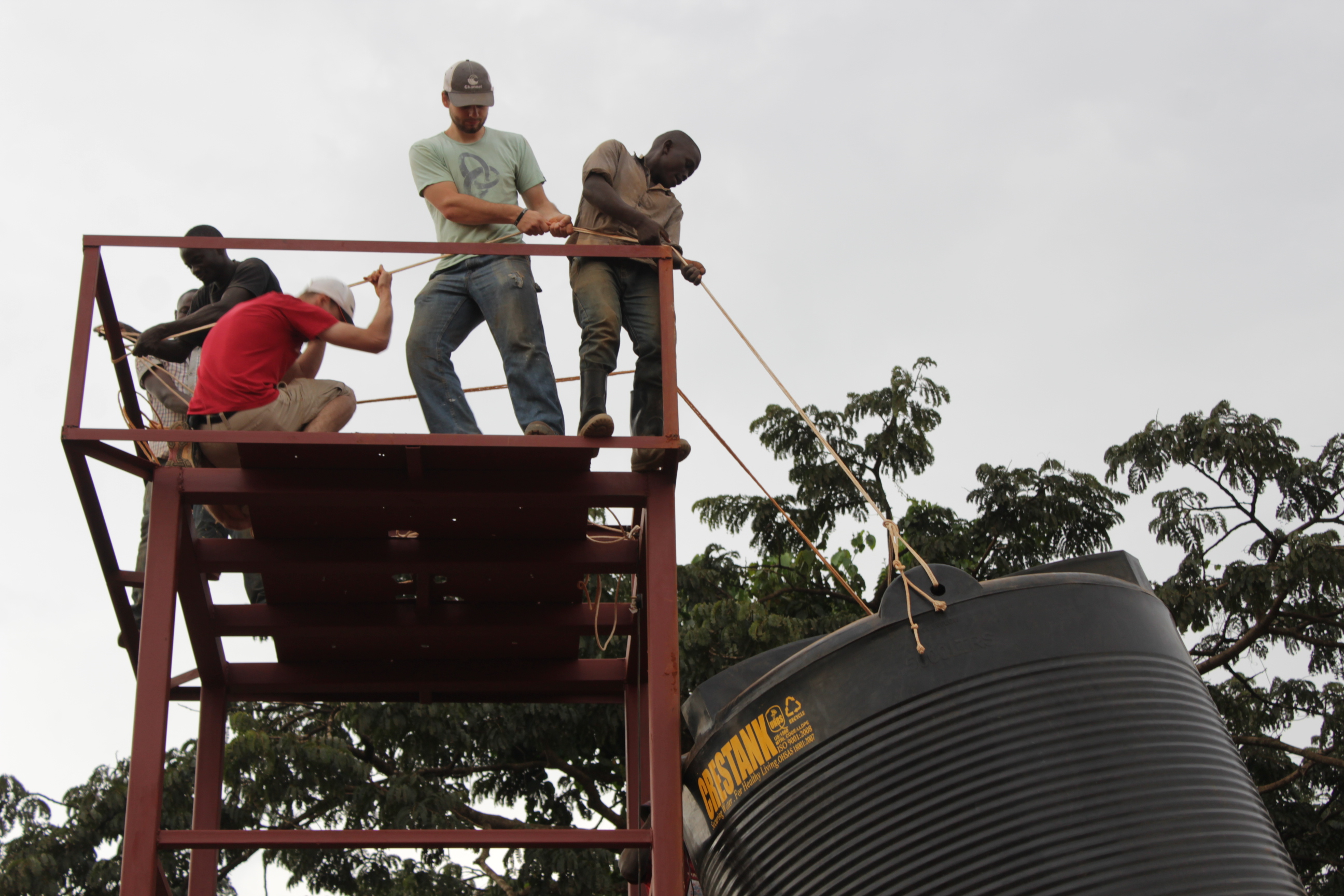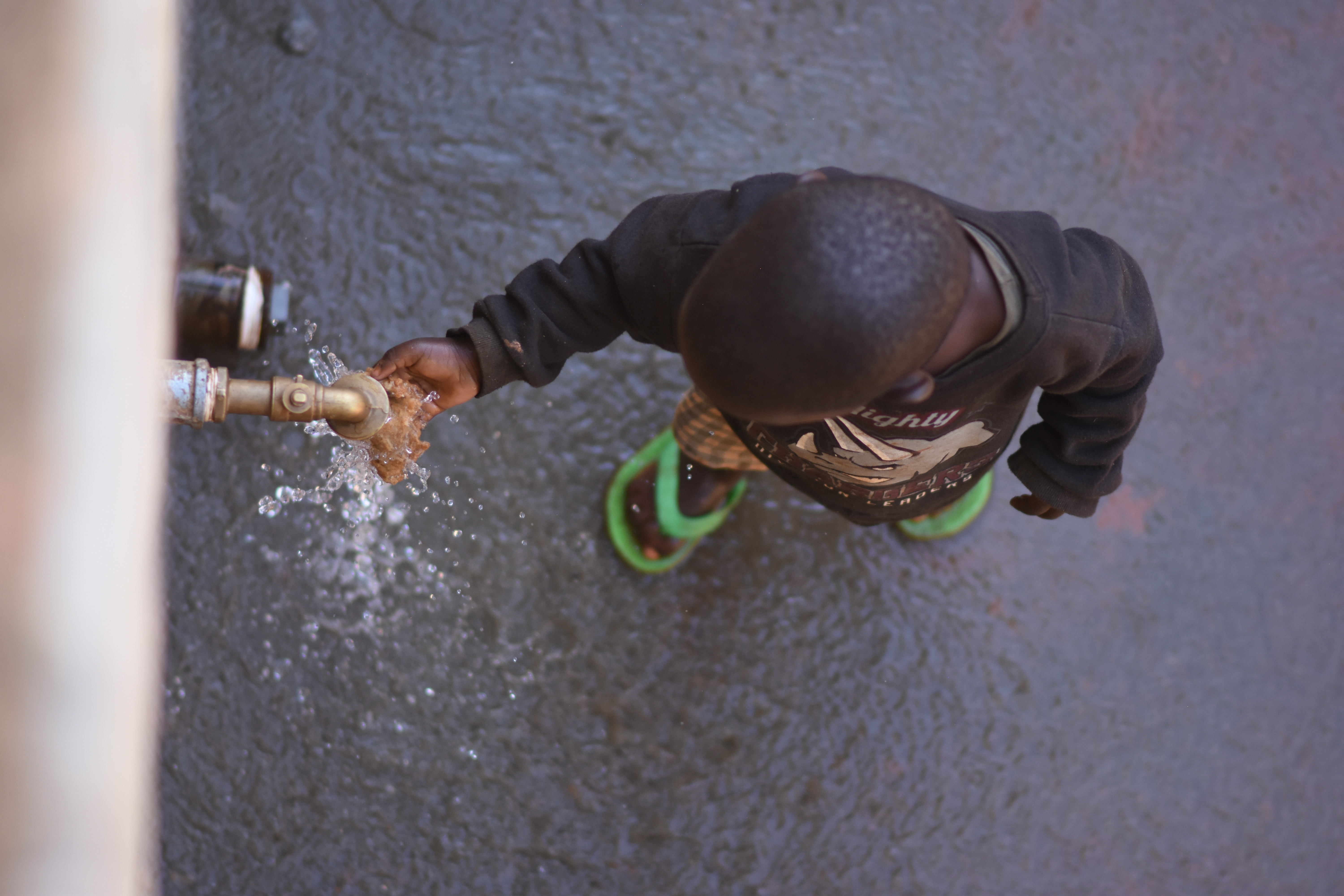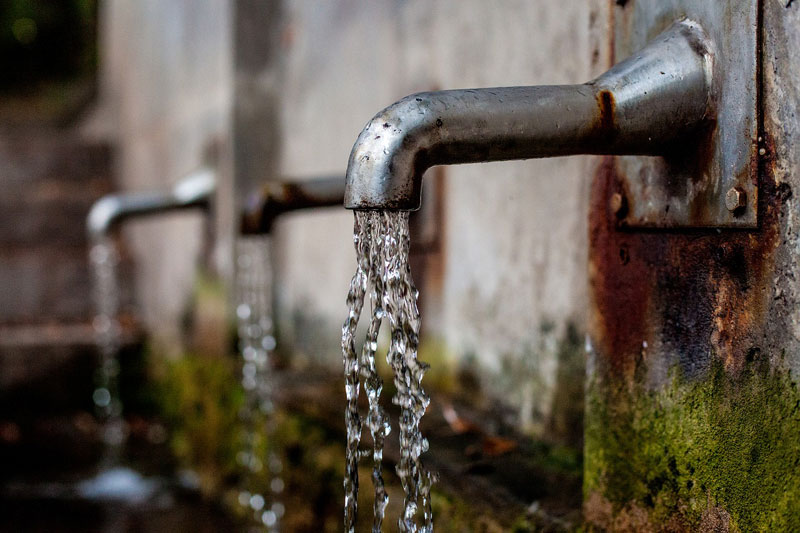Water Project
The need for water in rural areas, especially in developing countries, is critical for several reasons that directly impact the health, livelihoods, and overall well-being of communities:

Drinking and Cooking:
Access to safe and clean drinking water is essential to prevent waterborne diseases such as cholera, typhoid, and diarrhea. Contaminated water sources can pose serious health risks, particularly to children and vulnerable populations.Hygiene and Sanitation:
Water is necessary for maintaining proper hygiene
practices, including handwashing, bathing, and cleaning of utensils and
clothes. Adequate water availability supports sanitation facilities such as
toilets and latrines, which are crucial for preventing the spread of diseases and
promoting public health.
Agriculture and Livelihoods:
Water is indispensable for agricultural activities in rural areas, where it supports crop irrigation, livestock watering, and aquaculture. Reliable access to water enhances agricultural productivity, improves food security, and supports rural livelihoods, reducing dependence on rain-fed agriculture.Healthcare Facilities:
Water is essential for functioning healthcare facilities
in rural areas, where it is needed for medical procedures, sanitation,
sterilization of equipment, and patient care. Reliable water supply is critical
for delivering quality healthcare services and ensuring patient safety.
Education:
Adequate water supply in schools is crucial for maintaining proper
hygiene and sanitation among students and staff. It supports the provision of
safe drinking water and sanitation facilities, creating a conducive environment
for learning and promoting attendance, particularly among girls.
Climate Resilience:
Access to water resources enhances resilience to climate
change impacts such as droughts and erratic rainfall patterns. Sustainable
water management practices, including rainwater harvesting and groundwater
recharge, can help communities adapt to climate variability.
Women Empowerment:
In many rural communities, women and girls are
primarily responsible for water collection, often spending several hours each
day fetching water from distant sources. Reliable access to water reduces the
burden on women and girls, freeing up time for education, income-generating
activities, and community participation.
Environmental Sustainability:
Sustainable management of water resources
in rural areas is essential for preserving ecosystems, biodiversity, and natural
habitats. It supports ecosystem services such as water purification, flood
mitigation, and groundwater recharge, which benefit both humans and
wildlife.
Social Equity:
Ensuring equitable access to water resources in rural areas
promotes social equity and reduces disparities in health, education, and
economic opportunities between rural and urban populations. It fosters
inclusive development and improves quality of life for all community
members.
Community Development:
Water availability fosters community
development by supporting small-scale industries, micro-enterprises, and
income-generating activities such as fish farming and handicraft production. It
contributes to economic growth and poverty reduction in rural areas.

To know more about our current projects for a donation or a mission trip!

